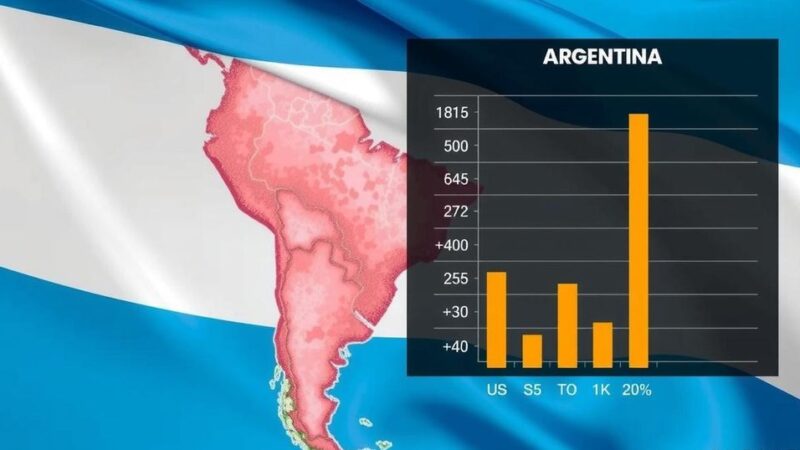President Bola Tinubu aims to diversify Nigeria’s economy by revitalizing the solid minerals sector, addressing issues such as illegal mining and under-valuation of resources. Initiatives include establishing the Mining Marshals, implementing a Value Addition Policy, and revoking dormant licenses. New processing facilities and the introduction of increased licensing fees signal a commitment to enhancing revenue. Stakeholders call for persistent reforms and effective regulation to optimize the sector’s contribution to GDP.
In May 2023, President Bola Tinubu committed to diversifying Nigeria’s economy, particularly through revitalizing the solid minerals sector. This initiative is crucial as Nigeria holds significant quantities of seven key minerals required for global energy transition, despite having 44 mineral resources overall. The sector’s contribution to the Gross Domestic Product (GDP) has remained inadequate, prompting Dele Alake, the Minister of Solid Minerals Development, to declare a state of emergency.
The minister has indicated that illegal mining activities, often funded by influential individuals, are intertwined with rising insecurity, particularly in regions like Zamfara, where mining exploration was suspended in 2019 due to banditry. To combat these issues, the government has implemented a dual strategy that includes law enforcement measures, highlighted by the establishment of the Mining Marshals, to protect mining sites and curb illegal activities.
On the persuasive front, the government is working to formalize the operations of artisanal miners by creating 250 cooperatives aimed at transitioning these individuals into the legal mining framework. Alake has also raised concerns regarding the undervaluation of Nigerian minerals internationally and introduced the Value Addition Policy, which mandates that companies demonstrate their plans for adding value before mining licenses can be issued.
Recent advancements include the inauguration of a comprehensive laboratory for geochemical services in Niger State, which supports the exploration and mining industries, as well as processing facilities for lithium and tin in Nasarawa state, further evidencing the government’s commitment to enhancing the sector. Moreover, the introduction of increased rates and charges aims to bolster economic consolidation and maximize royalty collections from vital minerals.
Additionally, the revocation of 924 dormant licenses signifies an effort to eliminate non-active players and encourage genuine investments. While the Nigeria Extractive Industries Transparency Initiative (NEITI) reported a slight increase in the sector’s GDP contribution, many stakeholders advocate for further reforms to enhance efficiency and minimize over-regulation. The recent decision to lift the ban on mining exploration in Zamfara is seen as a pivotal move to reclaim lost revenues and discourage illegal operations.
Looking forward, stakeholders emphasize the necessity of consistent policies to transition current resolutions into sustainable practices. With promising mining conferences scheduled for 2024 focusing on innovation and partnership, the future of Nigeria’s mining sector remains optimistic, albeit cautiously so. The minister has indicated that further reforms and policies are expected in 2025 to build upon the progress made in 2024, reflecting a commitment to long-term transformations in the mining landscape.
The transformation of Nigeria’s mining sector is pivotal to enhancing the nation’s economic stability and revenue generation. With Nigeria’s abundant mineral resources, the government seeks to address long-standing challenges such as illegal mining, insecurity, and under-valuation of resources in international markets. The initiatives launched by President Bola Tinubu’s administration highlight a multi-faceted approach that incorporates both regulatory reforms and infrastructural advancements, geared towards attracting foreign investments and increasing the sector’s overall contribution to the GDP.
In summary, the ongoing efforts to transform Nigeria’s mining sector under President Tinubu’s administration reflect significant governmental commitment towards diversifying the economy. With strategic policies in place, advancements in mineral processing, and the push for formalization of illicit operations, the foundations for a revitalized industry are being laid. However, the realisation of this vision depends on sustained efforts and the effective translation of policy into practice in the coming years.
Original Source: nannews.ng







